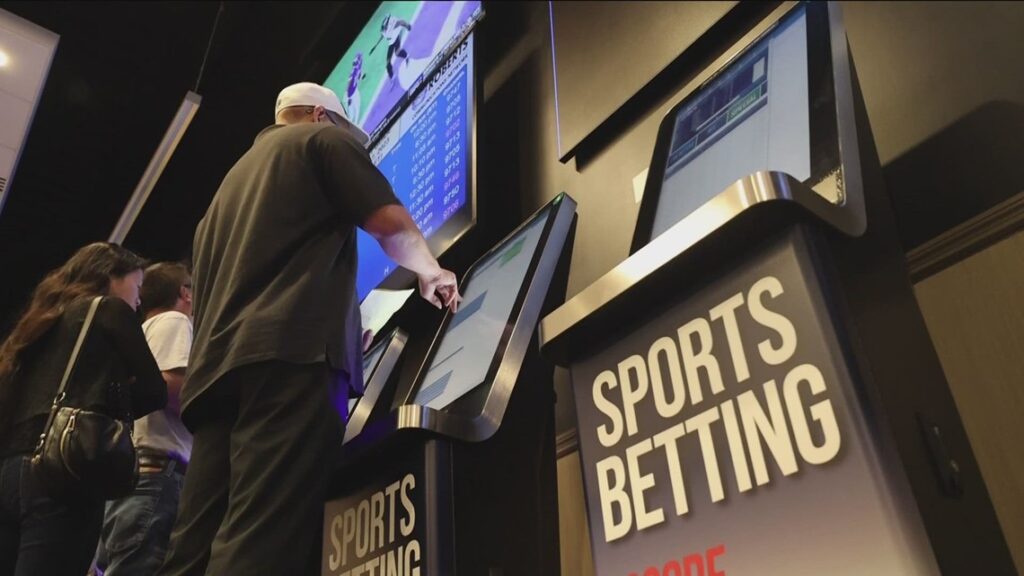One bill is just one vote away from the full Senate, but changes are still possible.
ST PAUL, Minn. — Minnesota won't be among the states that stand to benefit from a windfall from the estimated $2.7 billion Americans are expected to bet on this year's NCAA men's and women's basketball tournaments.
But if a bipartisan effort underway in the Minnesota Legislature continues on its current trajectory, the American Gaming Association will have to add the state to its annual count next March.
“I have a good feeling about this,” DFL Sen. Matt Klein said. He authored a sports betting bill that was just one vote away from being passed by the full Senate. “There are people on both sides of the aisle who want to make it happen this year, and we are moving forward.”
Minnesota has tried and failed to get sports betting bills across the finish line before.
Following a pivotal 2018 Supreme Court ruling, 38 states have legalized some form of sports betting, including all of Minnesota's neighboring states. Lawmakers say this has led to a significant loss of revenue from Minnesotans who cross the border to gamble, not to mention those who simply gamble illegally online.
“I think it's important that we get this done,” Republican Sen. Jeremy Miller said. He is working with Sen. Klein to pass the Senate bill. “I think it's important to pass legislation that not only benefits tribes, but also benefits racetracks and benefits charities and youth sports throughout the state of Minnesota. And it's very important to me. But it's also important to pass permanent legislation to bring funding to Minnesota to bring major sporting events to Minnesota. ”
To accomplish all of this, the current bill would double the sales tax paid by sports betting apps and other license holders from 10% to 20%.
“It's applied like a gross sales tax to licensees,” Miller said. “Minnesota, when you're actually making a bet, it's not taxed. Of course, your winnings are taxed…if you win.”
The authors say some of the proceeds will go to those who don't win.
“It's really important that we get serious about problematic gaming,” said Rep. Zach Stevenson, who authored the bill in the House.
Stevenson said he supports several guardrails, including voluntary spending limits for betting on the app, limits on push notifications, and even a three-hour delay on deposits.
“That's because we hope that people who lose money on a Sunday noon NFL game don't put it into their savings or something to try and make it all back on the afternoon game,” he said.
The current Senate bill also includes a ban on in-game gambling, which is also aimed at targeting problem gamblers, as these already account for up to half of all gambling in the United States. A complete ban is unlikely to survive the legislative process, the authors say.
“One question is, if we make such a change, would (sports bettors) choose to participate in the Minnesota market?” Sen. Klein said.
“If you talk to anyone involved in problem gaming, they'll tell you that people illegally bet on sports every day in Minnesota,” Stevenson said. “It's very easy to use your cell phone to access foreign websites, where there are no controls, no regulations, no protections, and no tax dollars going into anything productive in Minnesota.”
Minnesota is one of six states with current bills, or ballot measures, that could join the list of states to legalize sports betting by the end of the year.
Check out our news for the latest local news from the Twin Cities and across Minnesota. YouTube playlist:


